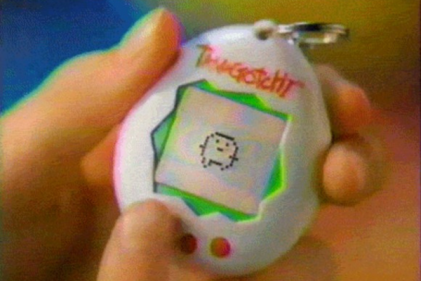There is a medical condition called hypertonia, which results in muscles that are stiff or rigid all the time. It’s essentially a higher than normal muscle tone, that makes your child’s muscles contract all the time.
If you notice that your child has trouble bending his or her limbs, or grasping and releasing items, or if his or her legs spontaneously cross when you pick him or her up, then there’s a good chance your child has hypertonia, and you should visit your doctor for a diagnosis.
This type of muscle stiffness is fairly common, and is one of the most common symptoms of some forms of cerebral palsy. It has been speculated that there is a link to prematurity, but in some cases, affected children were born on time.
Physical therapy, which includes traditional, medical forms of treatment, and exercises like yoga, can be used to treat the problem. Your doctor may also recommend that your child receive botulism toxin injections, the same thing that women get to relax facial muscles, to relax their tight muscles. This type of treatment is used in children as young as one and a half years old.
If you notice that your child has trouble bending his or her limbs, or grasping and releasing items, or if his or her legs spontaneously cross when you pick him or her up, then there’s a good chance your child has hypertonia, and you should visit your doctor for a diagnosis.
This type of muscle stiffness is fairly common, and is one of the most common symptoms of some forms of cerebral palsy. It has been speculated that there is a link to prematurity, but in some cases, affected children were born on time.
Physical therapy, which includes traditional, medical forms of treatment, and exercises like yoga, can be used to treat the problem. Your doctor may also recommend that your child receive botulism toxin injections, the same thing that women get to relax facial muscles, to relax their tight muscles. This type of treatment is used in children as young as one and a half years old.
Whatever treatment you eventually decide on, it’s important that you seek treatment as soon as you can, both to address the physical symptoms, and to rule out any other developmental disorders or mental retardation that may accompany some forms of cerebral palsy.






